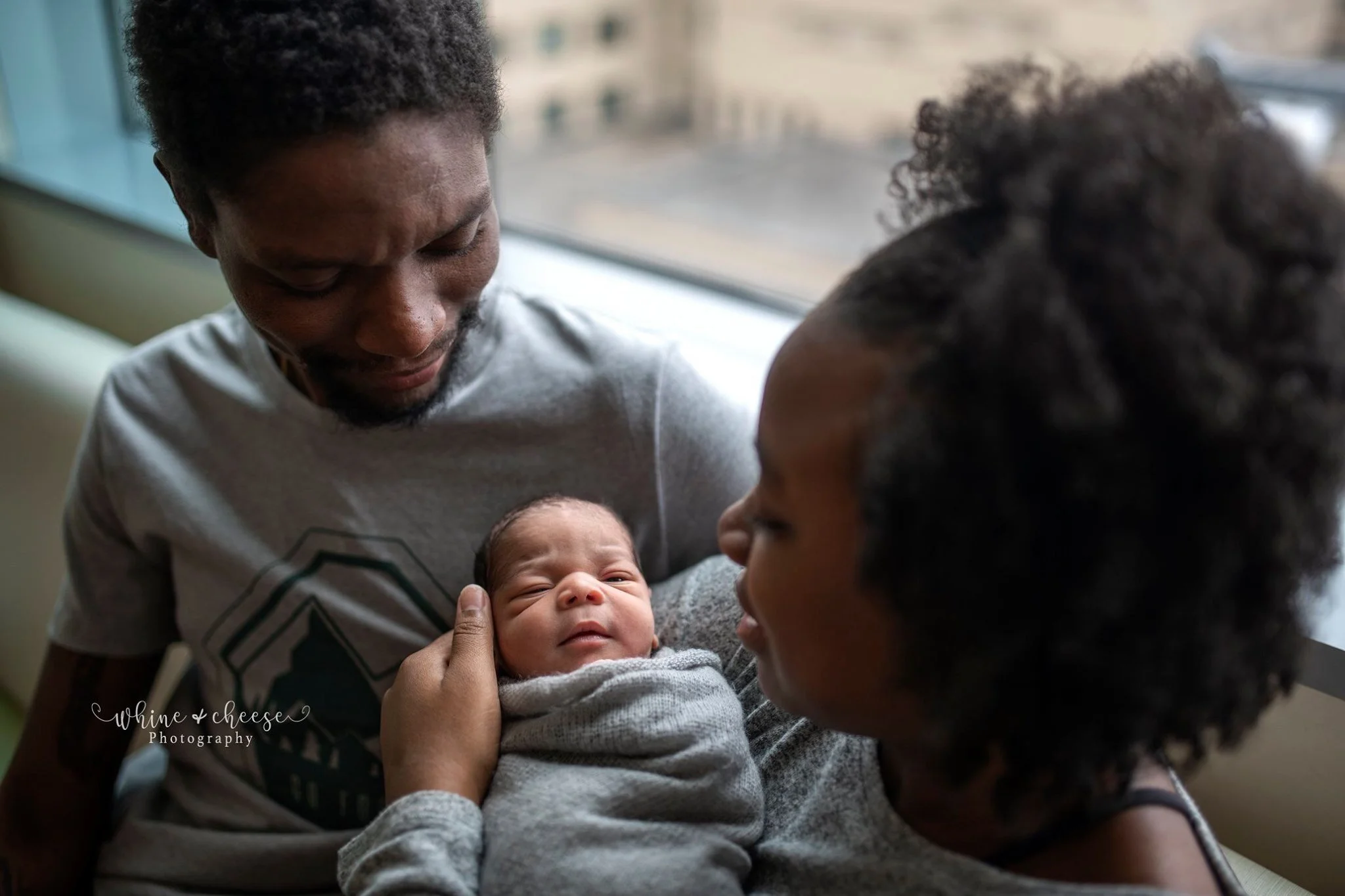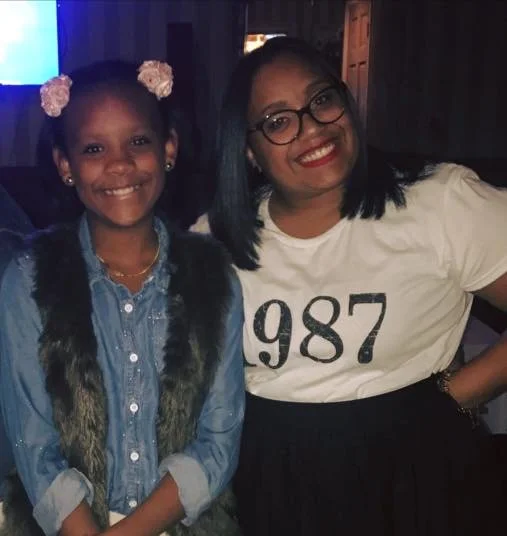Megana knew that she wanted a family, and before meeting her husband, she had even considered taking on the role of parenting without a partner. But soon after moving to a new city, she met her husband; they fell in love and began discussing expanding their family. They both wanted to have two kids before Megana got a bit older and had planned to start trying to conceive after getting married. But their March 2020 wedding was canceled due to the beginnings of the COVID-19 pandemic, leading them to move forward with a small ceremony and begin trying to conceive in May.
As a healthcare worker (pediatrician), Megana was aware of the studies around birthing folks in her field having two times the rate of infertility than others. Many of her friends in residency with her had shared their struggles with infertility. With that in mind, she was emotionally prepared to have some struggles of her own with conceiving but was grateful that she was pregnant within three months of trying. The beginning of her pregnancy was layered with many parts. They were going to be moving cross country; she had lost both her grandparents, dealing with the pandemic and also working through the pandemic and didn't fully have care established where they were moving; Megana describes that time as "surreal."
Amongst her birth preparation, she was journaling, reading, and listening to positive birth stories and remained active, running up to her 39th week of pregnancy. Her due date came and went, making Megana uneasy as she knew she was losing time from her maternity leave. Her jobs maternity leave policy would give her 12 weeks, and she had already begun using some time waiting on the arrival of her baby. Taking that into consideration, Megana elected to support her progress with an induction. Induction included two doses of misoprostol, moving her quickly into intense labor. Reviewing all her options and managing the frequency and intensity of her contractions, which had started putting her baby in distress - Megana decided to have an epidural to provide them some rest and allow her body the space it needed to continue to progress. After about an hour and a half of pushing, her daughter was born. Megana did suffer from a 2nd/3rd-degree periclitoral and labial tear, which would impact her in ways she wasn't prepared for.
Within her great support village, Megana's sister would be the guiding light in helping her navigate all the new transitions. The reality of how debilitating her tear was, combined with the level of rest she needed and what maternity leave entailed for caring and bonding with her daughter Megana was falling into a postpartum anxiety/depression cycle. With the support of her sister, they established some concrete strategies to guide her through this time and enable her healing.
Megana's journey with an extremely short maternity leave due to the American Board of Pediatrics policies has led her to be a driving force for changing maternity leave policy. She wrote an oped that has changed policies in her department and has a postpartum group for other South Asian women to discuss some of the cultural misogyny and expectations they contend with. Check these essential resources out in the show notes.
Read More












